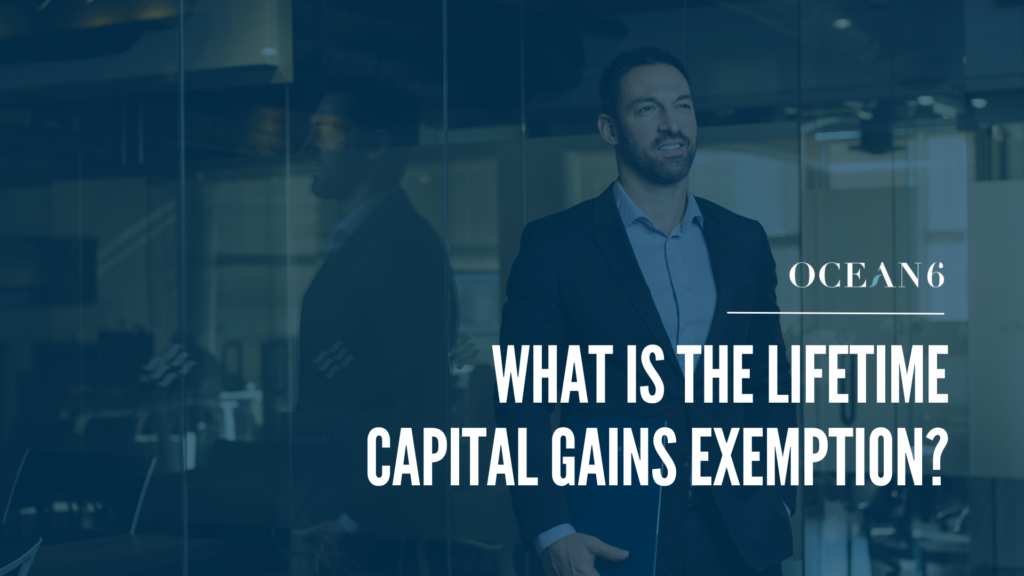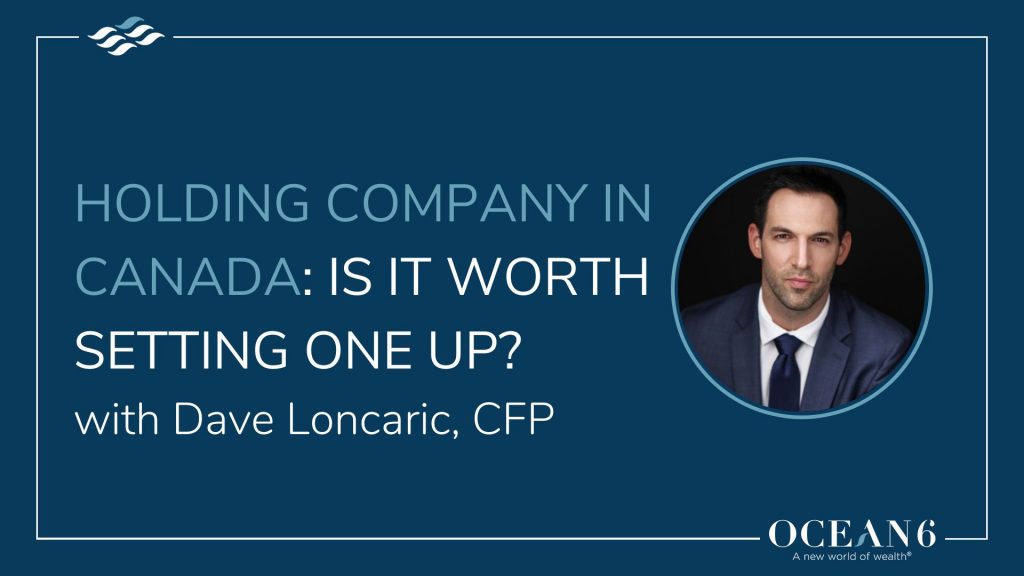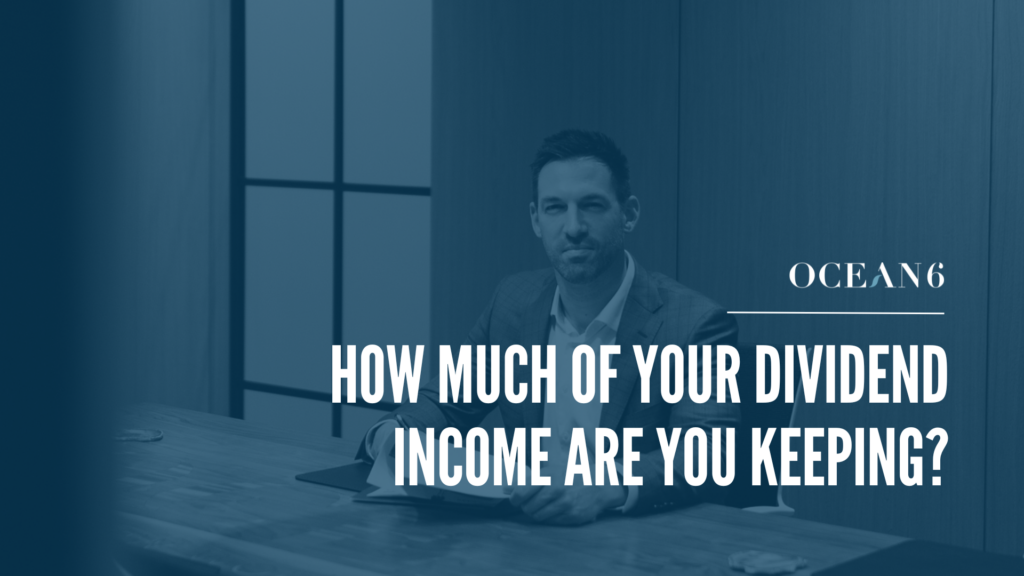Should you invest your money personally or inside your corporation? Let’s dive into the key differences between investing personally vs. corporately and how to make the most strategic investments that are right for you.
Investing Your Money Personally vs. Inside Your Corporation
Investing Personally
When you invest personally, you have two main options: registered and non-registered accounts.
Registered accounts offer different tax benefits based on the account. These tax benefits may allow you to defer, minimize, or eliminate taxes. Some examples of registered accounts include your RRSP, TFSA, RESP, RDSP, and FHSA.
With registered accounts, there is often a limit as to how much you can contribute to them.
To illustrate how the tax benefits differ for each account, let’s compare an RESP and FHSA.
- RESP: The RESP aims to save for your children’s education. Your investments grow at a tax-deferred with grants from the government to further grow the investments. A major benefit of an RESP is passing the income taxes to your children upon withdrawal because they will likely be in a lower tax bracket.
- FHSA: The FHSA helps you grow your money for your first home. The account is tax-free if you use it to purchase your first principal residence because the contributions and withdrawals are tax deductible.
The other option is to invest in a non-registered account, which offers no tax benefits. If you earn interest, dividends, or capital gains in a non-registered account, the income will be subject to taxation.
The biggest advantage of investing personally is receiving special tax treatments on the gains inside the registered accounts. If used for the right purpose, registered accounts can be powerful savings and planning tools.
Investing Inside Your Corporation
As a business owner, you can leave your money inside your corporation to invest and grow, which can be a more suitable strategy than investing personally.
When you invest inside your corporation, you only have the option of non-registered accounts; in other words, all investments are taxable.
You might wonder why anyone would invest in their corporation if you’re limited to non-registered accounts.
For some business owners, it’s better to keep their money inside the corporation to invest because if they invest it personally, they’ll have to pay a layer of personal taxes first, up to 50% taxes to the CRA, and have less to make the initial investment.
By leaving that money inside your corporation and investing directly in there, you start with a larger sum to invest with.
(Do you have excess cash built up inside your corporation and are unsure what to do with it? Here are the best ways to invest inside your holding company)
Which is the Winning Strategy?
The decision to invest with an RRSP and TFSA or leave it inside the corporation to invest depends on your goals and income.
If the investment is for a personal asset or goal, such as saving money towards your first home, children’s education or personal vacation property, then investing your money personally is a great option to take advantage of the special tax treatments in registered accounts like a TFSA, RESP and FHSA.
If your goal is long-term, such as retirement and building up passive income sources, then investing it corporately would be more strategic.
The most important factor to consider is controlling the taxes. When you blindly invest without proper tax planning, you end up paying unnecessary taxes to the CRA, leaving you with less money.
Tax Considerations When Investing in a TFSA vs. RRSP vs. Inside Your Corporation
Investing in a TFSA for Business Owners
To invest in a TFSA, you must withdraw money from your corporation, meaning you must first pay personal taxes at your marginal tax rate.
Assuming your personal income tax rate is 40%, and you want to contribute $8,000 to your TFSA, you would need to pull out $13,333 and pay the CRA $5,333 in taxes to invest $8,000 in your TFSA. You now have less to make the initial investment. If you skip all that and invest inside your corporation, you’ll have $11,866 to invest after paying corporate tax at 11% (tax rates will vary by province).
If you have a shareholder’s balance or Capital Dividend Account (CDA) balance, you can use them to take money from your corporation tax-free and invest inside your TFSA.
(Our financial advisor shares when business owners should not use a TFSA. Learn more)
Investing in an RRSP for Business Owners
Although RRSPs don’t pose the same issue as TFSAs because you receive tax deduction benefits from contributing to your RRSP, using an RRSP may still not be the most innovative option for business owners.
There are three primary reasons for this:
1. Limited investment options
With an RRSP, you can only invest in the markets with Mutual Funds, ETFs, and some individual stocks. In contrast, investing inside your corporation allows you to invest in anything. You can buy foreign investments, real estate for rental income, or other businesses.
2. Paying income taxes upon withdrawal
If you’re a financially successful business owner, you’re likely to build multiple passive income sources to take advantage of when you retire. When it’s time to withdraw the money from your RRSP, you’ll still be in a high tax bracket.
3. Tax bill at death
If you pass away without a surviving spouse, your RRSP balance will be taxed at 50%. However, with proper planning, corporate assets will be taxed at much lower or tax-free rates.
Need help figuring out where to even start when it comes to your retirement? Here’s a guide on how to start your retirement planning as a business owner)
Although RRSP investments provide tax-deferred growth, when you factor in the net taxes in your pockets, it is wiser to invest your retirement inside your corporation instead. There’s greater flexibility and earning potential, and you can plan around the taxation on withdrawal from a corporation.
Investing Inside Your Corporation
Since all investment income earned inside your corporation is taxed, you should focus on investments that produce capital gains because capital gains have the best tax treatment inside the corporate structure. Capital Gain investments are primarily stocks, real estate sales proceeds (excluding rental income), and businesses.
Capital gains generate Capital Dividend Account (CDA) credits, allowing you to withdraw the non-taxable portion of your capital gains from the corporation completely tax-free.
(Interested in learning more about how CDA credits work so you can keep more of your hard-earned money? Here’s everything you need to know about the CDA)
However, don’t get carried away with only capital gains-producing investments as they tend to be higher risk.
A smart investor should diversify their portfolio with bonds and dividends. Although they are taxed at higher rates and don’t get the benefits of CDA credits, you can invest in Corporate-Class Mutual Funds. Investing with a Corporate-Class Mutual Fund converts your dividends and interest income to capital gains. You’ll be given a capital gains tax slip instead of an interest or dividend one, allowing you to use your CDA credits.
Watch the video on this topic
We help Canadian business owners live the life they’ve always dreamed of with innovative financial advice. We create a tax-efficient investment strategy that considers your biggest goals and ensures your hard-earned money is being maximized. Book a call today.












